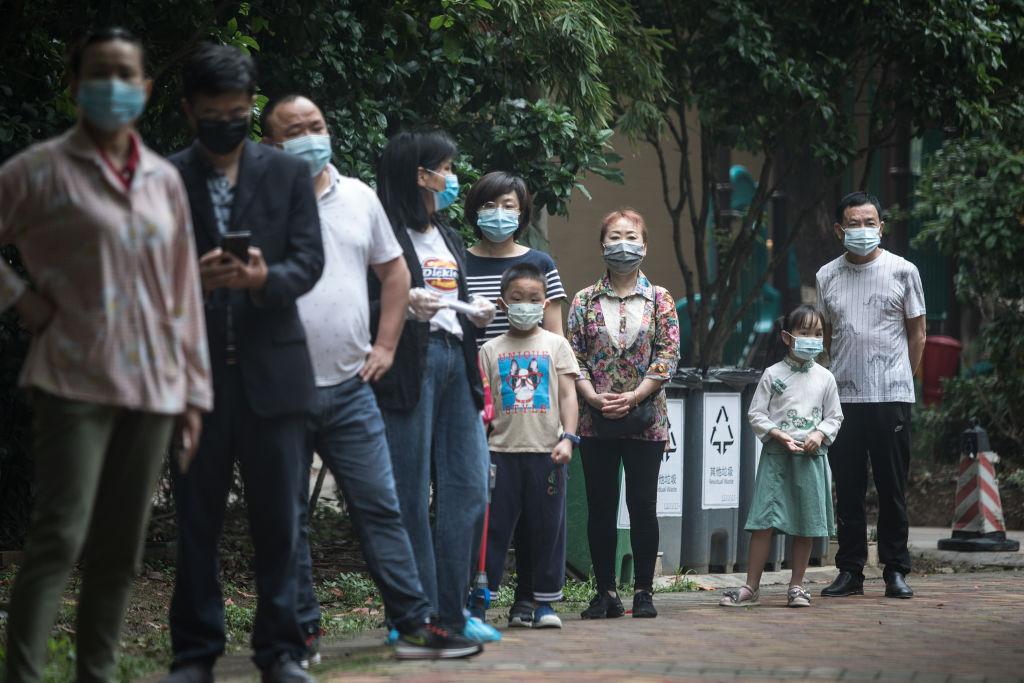A county in northern China’s Hubei Province was placed under “wartime” status to prevent the spread of COVID-19, though local officials have not publicly confirmed any local outbreak.
Chinese officials in Luotian County made the announcement on Nov. 12 via its social media account on Weibo, stating that “warlike discipline would be enforced in order to put local health prevention efforts in a state of “high-efficiency,” Weibo is China’s equivalent to Twitter.





